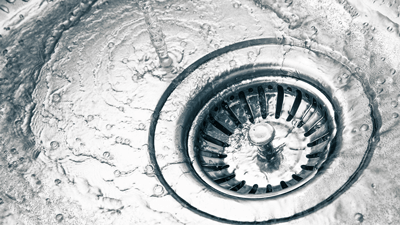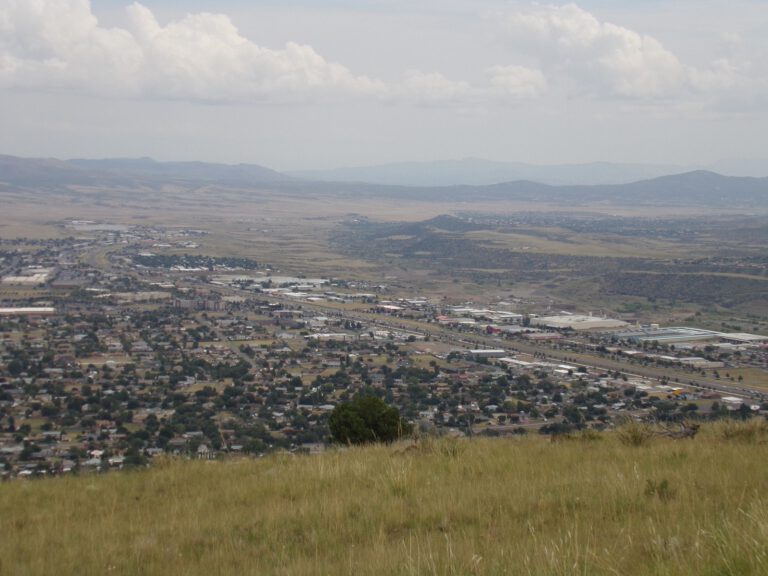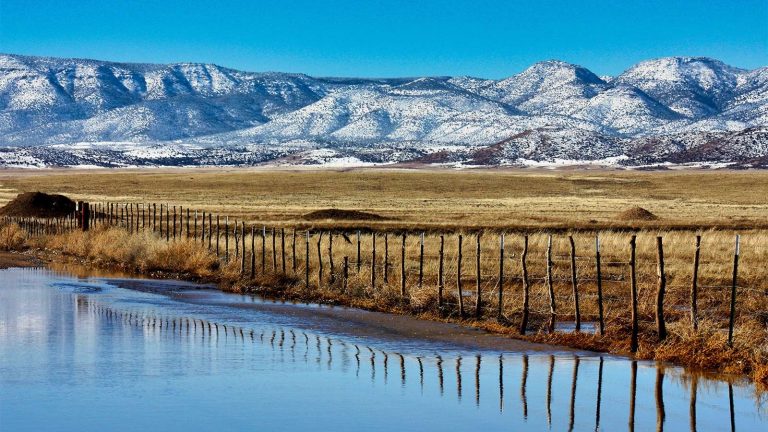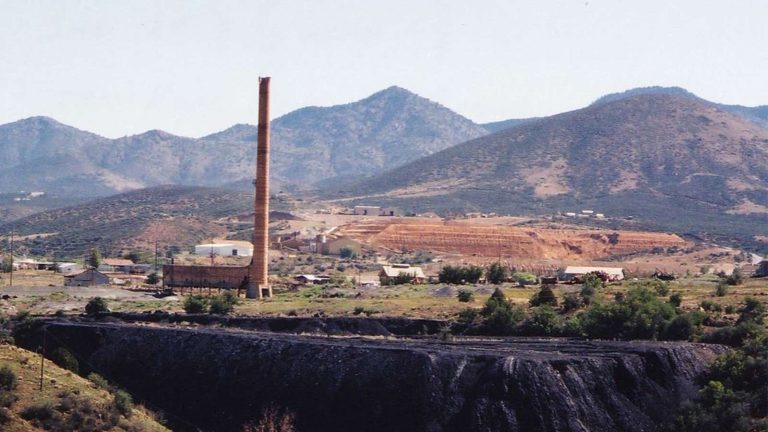How can you tell if you need kitchen drain cleaning? It’s clogged! Or is draining very slowly. This plumbing problem can cause a significant headache. Not using your sink can make cooking and cleaning very difficult. There are a few things you can do to try and unclog your drain before you have to call a plumber. The following article will give some great tips for clearing your kitchen drain. If your kitchen drain is clogged, it can cause a significant headache. There are a few things you can do to try and unclog your drain before you have to call a plumber.
Why do kitchen drains get clogged?
Clogged drains are common in many households, and the kitchen sink is no exception. There are a few reasons why your kitchen drain may become clogged. First, grease, hair, and food particles can build up over time and create a blockage. Another common culprit is tree roots that have infiltrated your sewer line and are causing a backup.
If you notice that your kitchen sink is draining slower than usual or water is starting to back up, it’s time to take action. Ignoring the problem will only worsen and could lead to a complete stoppage of water flow.
What not to put down the drain
The kitchen sink is one of the hardest working appliances in the home. It seems a lot of action daily, from washing dishes to scrubbing pots and pans. Over time, all that use can take its toll on your drain, causing it to become clogged or slow-running. To keep your sink in tip-top shape, there are a few things you should avoid putting down the drain.
Grease and oil are two of the biggest culprits concerning clogged drains. When hot grease cools down, it hardens and can cling to the sides of your pipes, eventually causing a blockage. Oil can also solidify and cause problems further down the line. To avoid these issues, scrape grease and oil into the trash instead of pouring them down the drain.
Home remedies for a clogged drain
If your kitchen sink is starting to smell bad or water isn’t draining as quickly as it should, it may be time to clean your drain. You can use a plunger to clear the clog, but if that doesn’t work, you may need to use a chemical drain cleaner. You can try a few home remedies if you’re looking for a more natural way to clean your drain.
One simple home remedy is to pour baking soda down the drain, followed by vinegar. Let the mixture sit for 30 minutes before flushing with hot water. You can also try using boiling water on its own to break up the clog.
You can do a few things to speed it up if you have a slow drain. First, pour a pot of boiling water down the drain.
When to call a professional
A clogged kitchen sink is a common household problem. While you may be tempted to reach for the drain cleaner, there are some instances when it’s best to call a professional.
If you’ve tried everything and the drain is still clogged, it’s time to call a professional. Plumbers have the tools and expertise to clear the blockage quickly.
If the clog is in the main sewer line, don’t try to fix it yourself. This job is for a professional plumber with the experience and equipment to safely clear the blockage.
How to prevent clogs
Clogs can be a pain, but there are some easy ways to prevent them. First, be mindful of what you’re putting down your drain. Avoid pouring grease, oil, or fatty liquids down the drain, as they can solidify and cause a clog. If you accidentally pour one of these liquids down the drain, flush it immediately with hot water. Second, don’t put hard-to-grind items into the garbage disposal, such as chicken bones or coffee grounds. These items can damage the blades and cause clogs. Third, run hot water down the drain for a few seconds after using the sink or shower to flush out any soap buildup or hair that could cause a clog. Following these simple tips should help keep your drains clog-free!




